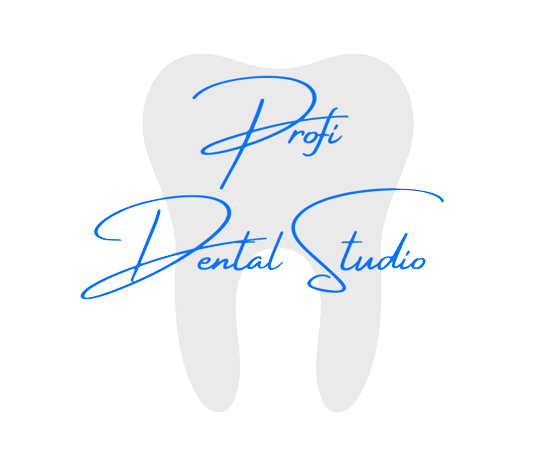Frequently Asked Questions (FAQS)
What are dental prostheses and what are they used for?
Dental prostheses are devices designed to replace natural teeth that have been lost due to various reasons, such as cavities, periodontal disease, or injuries. They are used to restore chewing function, aesthetics, and oral health, thereby enhancing the quality of life for patients.
What are the different types of dental prostheses available?
The different types of dental prostheses include complete dentures, partial dentures, fixed bridges, and dental implants.
Are dental prostheses comfortable to wear?
Yes, dental prostheses are designed to be comfortable to wear. However, comfort can vary depending on the type of prosthesis and how well it fits. A well-fitted prosthesis should feel comfortable and secure in your mouth, allowing you to eat, speak, and smile with ease. It's essential to communicate any discomfort or fit issues to your dentist or prosthodontist so that adjustments can be made for your comfort.
What is the difference between fixed and removable dental prostheses?
The main difference between fixed and removable dental prostheses is their permanence. Fixed dental prostheses, like bridges and dental implants, are permanently attached and cannot be removed by the patient. Removable dental prostheses, such as dentures, can be taken out by the patient for cleaning and maintenance. Fixed prostheses offer more stability and functionality, while removable ones offer convenience in terms of cleaning and maintenance. The choice between them depends on individual needs and preferences.
How are dental prostheses cared for and maintained?
Cleaning: Clean your dental prosthesis daily with a soft toothbrush and non-abrasive denture cleanser or mild soap. Avoid using regular toothpaste, as it can be abrasive and damage the prosthesis.
Rinse: After eating, rinse your prosthesis with water to remove food particles and debris.
Soak: If your prosthesis is removable, consider soaking it in a denture-cleaning solution overnight to remove stains and bacteria. Follow the product's instructions for soaking.
Handle with Care: When cleaning your prosthesis, be gentle to avoid bending or damaging it. Use a soft cloth or towel to hold it securely.
Oral Hygiene: Continue to brush your natural teeth and gums, as well as your tongue, to maintain overall oral health.
Regular Check-ups: Visit your dentist for regular check-ups to ensure your prosthesis is fitting correctly and to address any adjustments or issues. Proper care and maintenance can help extend the life of your dental prosthesis and promote oral health.
Rinse: After eating, rinse your prosthesis with water to remove food particles and debris.
Soak: If your prosthesis is removable, consider soaking it in a denture-cleaning solution overnight to remove stains and bacteria. Follow the product's instructions for soaking.
Handle with Care: When cleaning your prosthesis, be gentle to avoid bending or damaging it. Use a soft cloth or towel to hold it securely.
Oral Hygiene: Continue to brush your natural teeth and gums, as well as your tongue, to maintain overall oral health.
Regular Check-ups: Visit your dentist for regular check-ups to ensure your prosthesis is fitting correctly and to address any adjustments or issues. Proper care and maintenance can help extend the life of your dental prosthesis and promote oral health.
